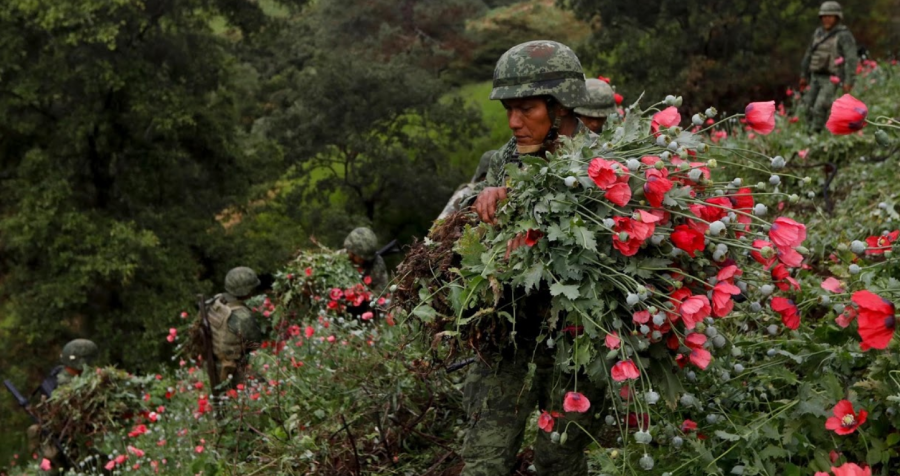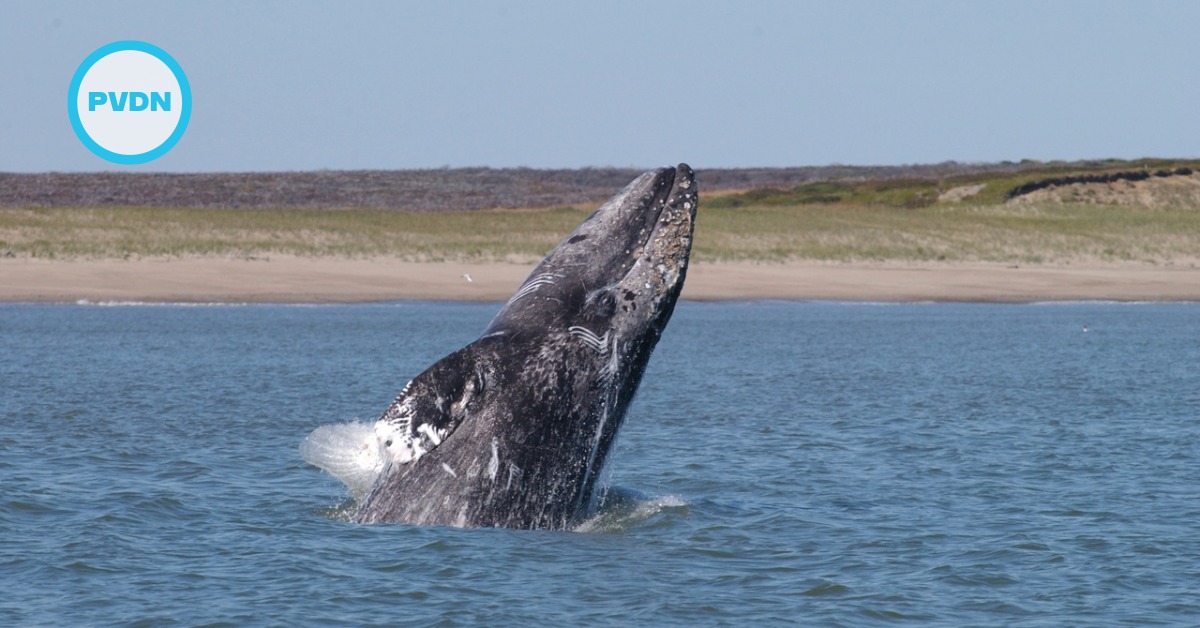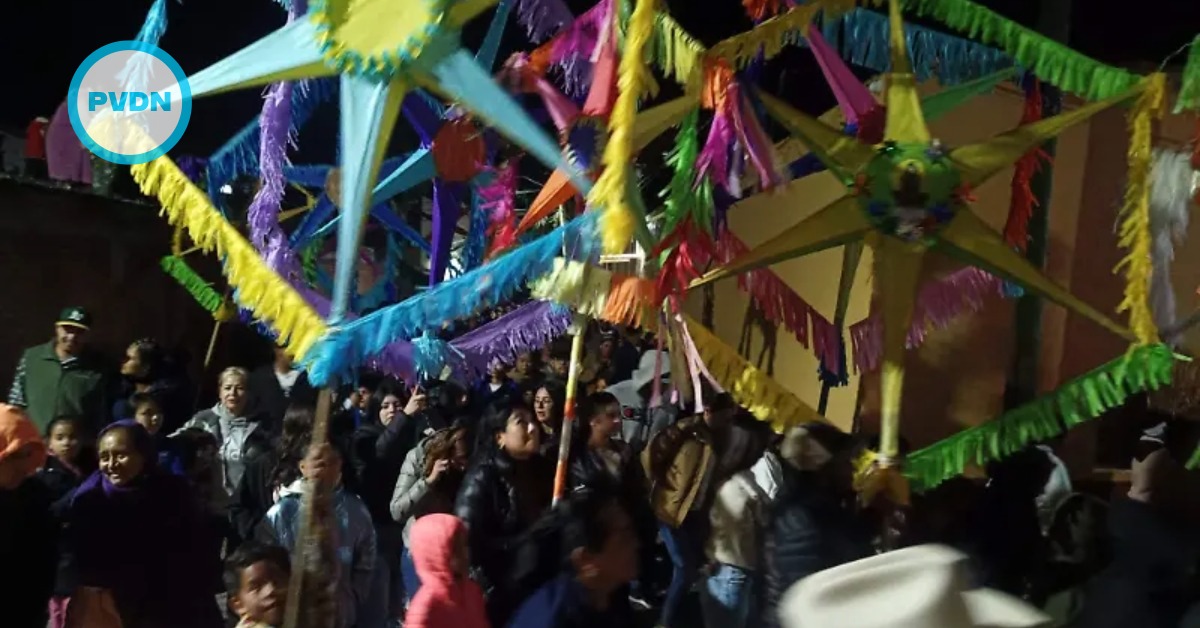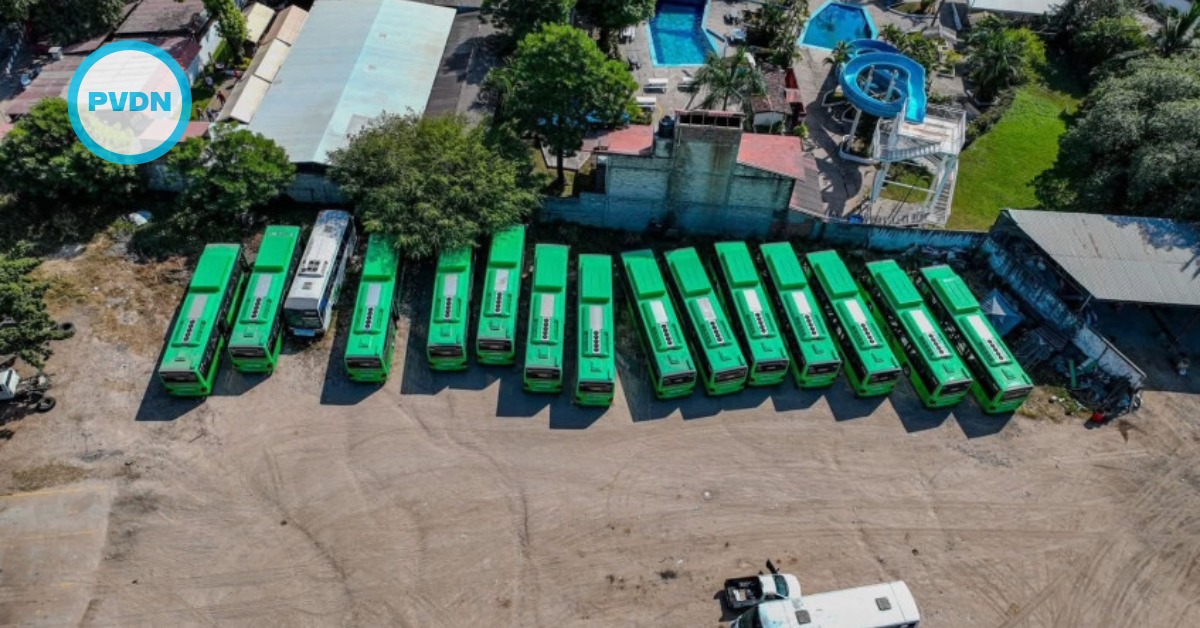In the mountains of Mexico’s tropical sierra, an ever-growing expanse of pink poppy flowers has pushed prices so low for opium paste, the gummy raw ingredient of heroin, that farmer Santiago Sanchez worries how he will feed and clothe his family.
The area of Mexico that illegally farms opium poppies grew by more than one-fifth last year, to an area the size of Philadelphia, according to a U.N.-backed study published in November.
That, along with a trend toward mixing synthetic opiate fentanyl in Mexico’s tarry black heroin, has slashed what criminal gangs pay farmers . . .







